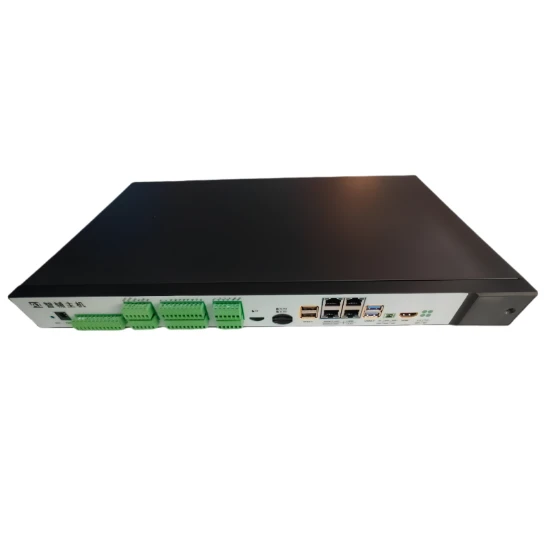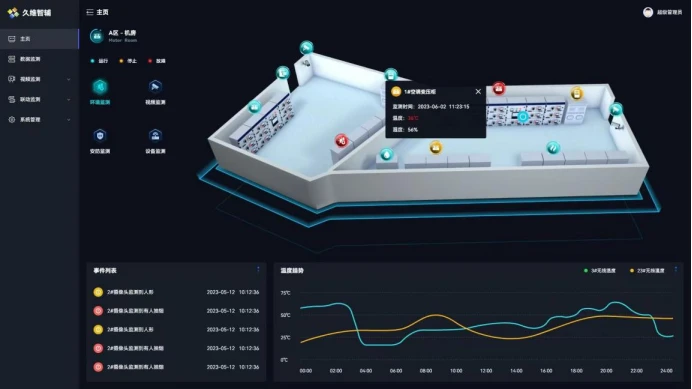Aplicação de Módulos Fotovoltaicos em Infraestrutura Pública Urbana
Photovoltaic (PV) modules are playing an increasingly vital role in modern urban public infrastructure by providing clean, renewable energy solutions that enhance sustainability, reduce operational costs, and improve energy resilience. In cities, PV modules are commonly integrated into solar-powered street lighting systems, which operate independently from the electrical grid and offer cost-effective, low-maintenance lighting for roads, parks, and walkways. Additionally, bus stops and transit shelters equipped with solar panels can power lighting, digital displays, surveillance cameras, and even USB charging ports, enhancing commuter safety and comfort. Parking lots are another key area of application, where PV-covered carports generate electricity while providing shaded vehicle spaces and enabling electric vehicle (EV) charging infrastructure. In public parks and smart city environments, solar-powered benches and kiosks offer free device charging, Wi-Fi, and ambient lighting, contributing to the development of inclusive and connected urban spaces. Furthermore, traffic management systems and remote surveillance equipment often utilize solar modules to ensure continuous, reliable operation even in areas lacking grid connectivity. By incorporating PV technology into these diverse urban systems, cities can reduce their carbon footprint, lower electricity bills, and promote a modern, eco-friendly image. The modular and scalable nature of photovoltaic systems makes them adaptable to both new projects and retrofitting existing infrastructure, making solar integration a practical choice for municipalities worldwide striving for smart and sustainable urban development.
















